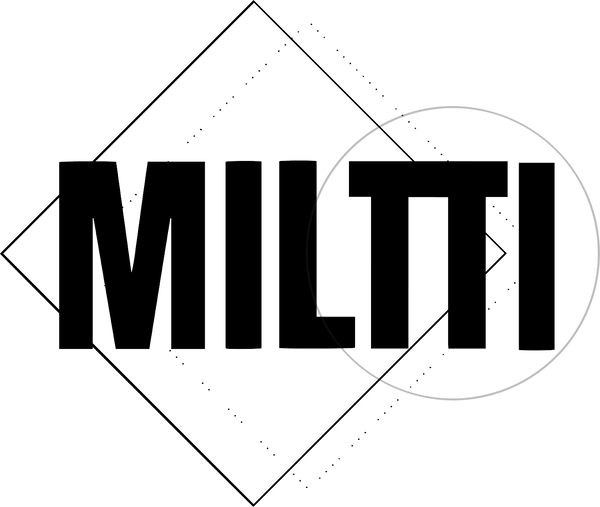
Internal Oppression LGBTQIA+
Share
“Not all harm to us comes from outside. Sometimes it comes from within.”
In our pursuit of visibility and solidarity, we cannot ignore the wounds inflicted inside our own community.
Intersection of racism & transfobia
Transgender individuals of color face disproportionately higher rates of violence and discrimination. A 2021 study revealed that among trans women, nearly half of those who were murdered in 12 states were Black trans women. Despite representing a small percentage of that population. This stark reality is a painful testament to how racism compounds transphobia.
Fatphobia and body bias
LGBTIQ+ spaces often uphold slender, "ideal" bodies as the norm, excluding LGBTQ+ individuals with bigger bodies. Studies reveal that fatphobia in queer communities harms mental health and reinforces a culture of exclusion.
Discrimination disparities
A 2022 analysis by the Center for American Progress found:
-
1 in 3 LGBTIQ+ adults experienced discrimination in workplace, healthcare, housing, or mental health services within the past year.
-
Over half of transgender or nonbinary individuals and nearly half of LGBTQ+ people of color reported mistreatment from mental health professionals.
These stats reveal how intersecting identities—gender, race, body, disability—compound harm even in progressive spaces.
How Miltti stands against internal harm
Miltti believes in safe, inclusive visibility. We're committed to creating:
-
Queer fashion that embraces all bodies, not just idealized ones.
-
Unisex streetwear and gender-neutral clothing that resist body norms.
-
Ethically produced pieces affirming, rather than policing, identity.
Because pride isn’t consumption. It’s community care.
Related reads from Miltti
-
Pride in Conservative Places — visibility isn’t safe everywhere, but quiet pride is still powerful
-
Pride Isn’t Always Loud — living LGBTQIA+ identity without waving flags
Written by the Miltti Team | September 2025
